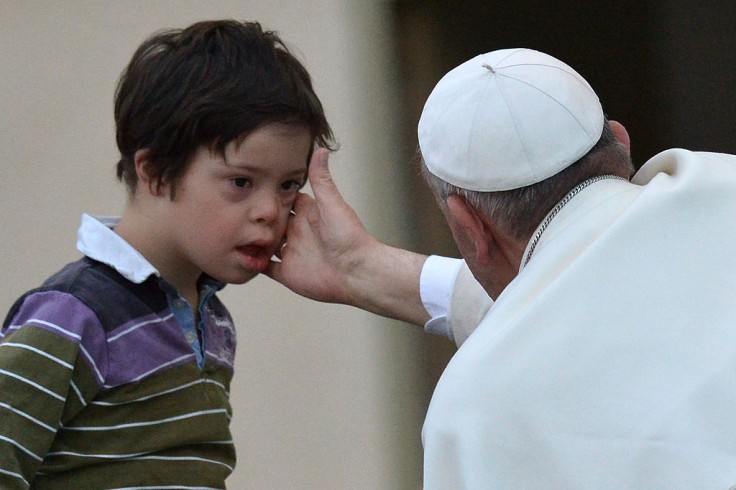
A proud mom from Florida gave birth to mono-di twins, or monochorionic, diamniotic (MCDA) twins with Down Syndrome, which are believed to happen in one-or-2-million-of-a-kind rare.
Savannah Ackerman, a native of Jacksonville, endured a high-risk, frequently monitored pregnancy after her doctors told her that she had monochorionic, diamniotic twins (MCDA). Six months ago, she gave birth to Kennadi Rue and Mckenli Ackerman, born with Down Syndrome.
The likelihood of having mono-di twins with Down Syndrome at birth is multiplied nearly a thousandfold.
1 or 2-in-a-million-of-a-kind rare
Mono-di twins or the monochorionic, diamniotic (MCDA) twins are from a single fertilized egg (ovum), resulting in genetically identical offspring. The twins share a single placenta, sharing a blood supply, but with separate amniotic sacs. MCDA twins happen at three to four in 1,000 live births.
On the other hand, Down syndrome is a condition in which a child is born with three copies of the 21st chromosome, hence trisomy 21. The chromosomal difference cause disabilities and delays in physical and mental development.
Down Syndrome is likely to occur in about 1 in 700 babies in the United States and is considered the most common genetic disorder.
Meanwhile, twins with Down Syndrome are much rarer. The UK National Down Syndrome Cytogenetic Register indicates that in 1000 babies with Down Syndrome, 14 or 15 are likely to be twin or triplets.
The likelihood of having non-identical twins with Down Syndrome is estimated to be 14/15 in a million. Meanwhile, according to experts, having identical twins with Down Syndrome happens at a rate of 1 or 2 in a million pregnancies. The Ackerman twins are one-or-two-in-a-million!
Managing mono-di pregnancy
Savannah successfully endured a high-risk pregnancy, as pregnancies involving mono-di twins are frequently monitored to maximize the chances of ensuring safe delivery. These pregnancies are linked to complications such as pre-term labor, pre-term delivery, and risks related to the shared blood supply.
When the doctors told them that their girls had Down Syndrome, Savannah and her husband overcame mental and emotional challenges. Like every parent that had to deal with the reality that their children may have disabilities, the couple feared what their daughters would encounter when they grow up.
Savannah admitted that her husband "had a breakdown" upon hearing the news.
Down with Ackerman Kids
Yet, when the bundle of joy arrived, Savannah became more open and accepting. She realized that their babies were just like everyone else. "They're making their milestones ... they're a little behind, but they're not far behind," she added.
She started a Tiktok channel of her twins, "Down With The Akerman Twins," which usually showed the pair side by side with matching outfits.
Its most-watched video was viewed 1.6 million times and had a following of 48,400 Tiktok users to date.
Although the mono-di twins with Down Syndrome have many followers, the family also dealt with some negativity. On her Facebook post about a baby, a detractor commented, "I wouldn't want those babies if mine came out like that they would be straight up for adoption."
To which the mom with 1-or-2-in-a-Million of a kind rare twins did a beautiful clap back, "Lol I said good thing they weren't born to you and were born to me. God knew what he was doing by giving these babies to the right parents who would love them regardless."